 Welcome
Welcome
“May all be happy, may all be healed, may all be at peace and may no one ever suffer."
Central nervous - Diseases
The central nervous system (CNS) is a complex network of specialized cells that includes the brain and spinal cord. The brain and spinal cord are responsible for processing, integrating, and coordinating information from the body's sensory and motor systems. The CNS is responsible for regulating many of the body's vital functions, such as breathing, heart rate, and blood pressure.
The brain is the most complex part of the CNS and is responsible for consciousness, perception, thought, and memory. It is made up of many different regions, each with its own specialized function. The spinal cord is a long, thin, tubular bundle of nervous tissue that extends from the brainstem to the lower back. It is responsible for transmitting sensory and motor signals between the brain and the rest of the body.
Together, the brain and spinal cord make up the CNS and are protected by the skull and vertebral column, respectively. The CNS is essential for human life and function, and damage to the CNS can result in a range of neurological disorders and disabilities.

Diencephalon Brain
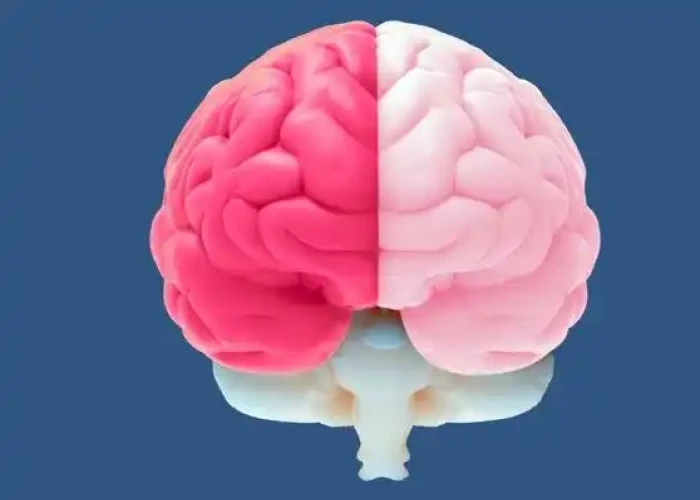
Cerebral hemispheres Brain
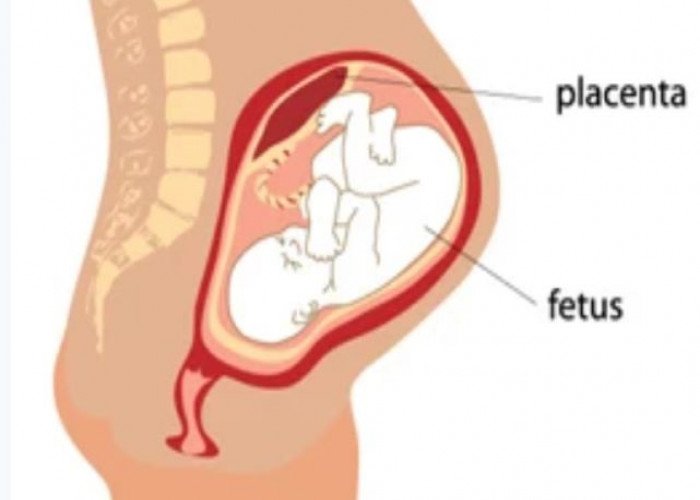
Placenta
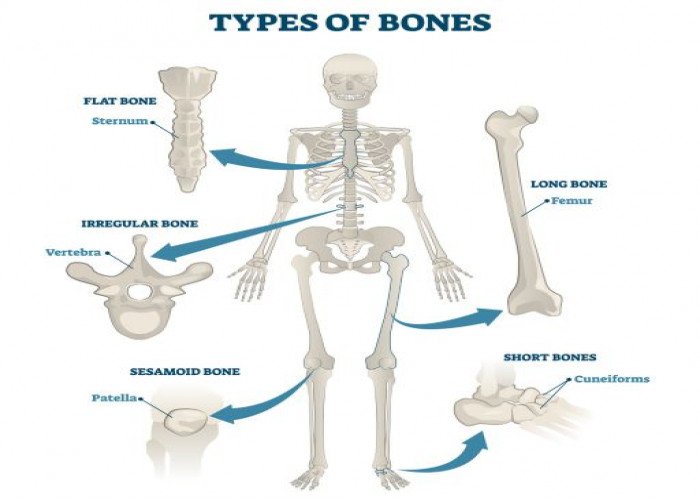
Bones
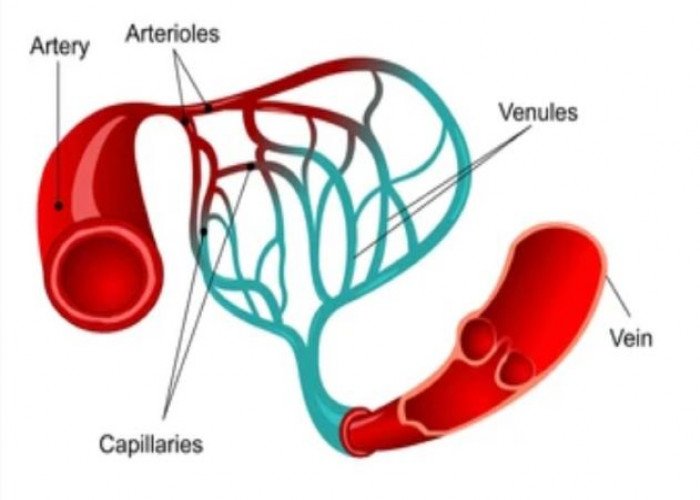
Capillaries
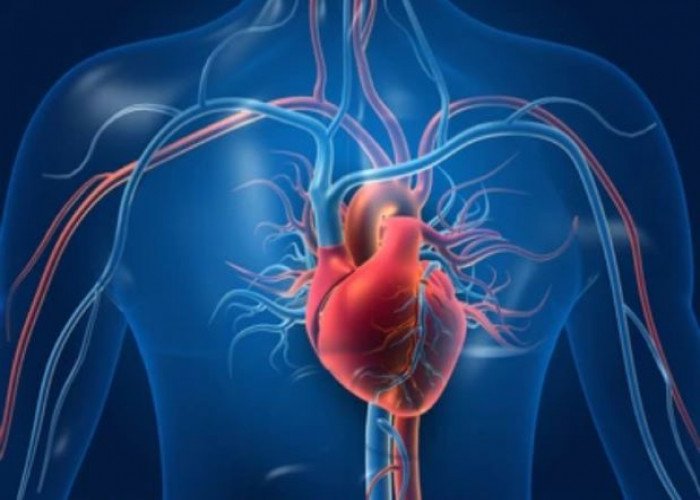
Veins
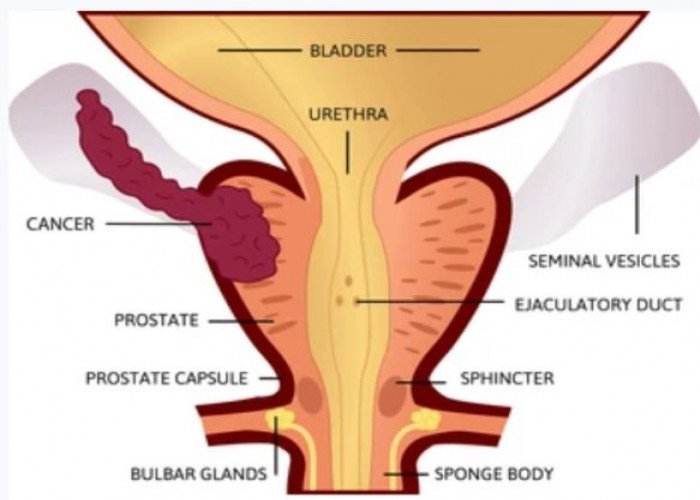
Seminal vesicles
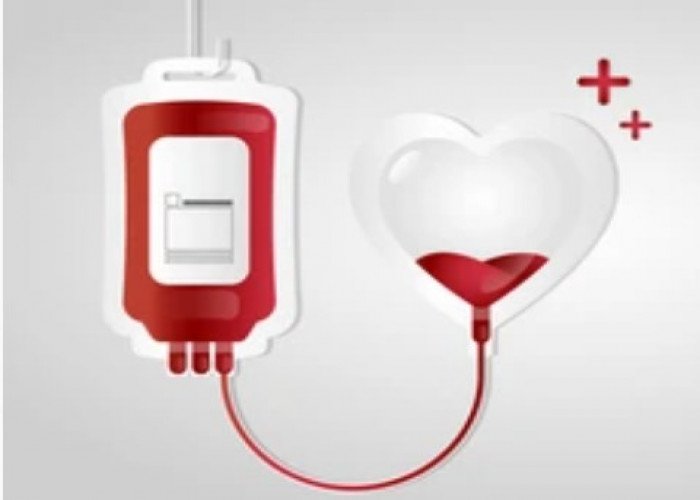
Blood
Central nervous, Central nervous system, কেন্দ্রীয় স্নায়ুতন্ত্র
To be happy, beautiful, healthy, wealthy, hale and long-lived stay with DM3S.
